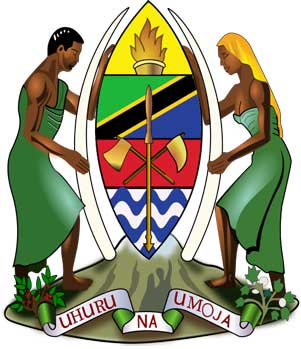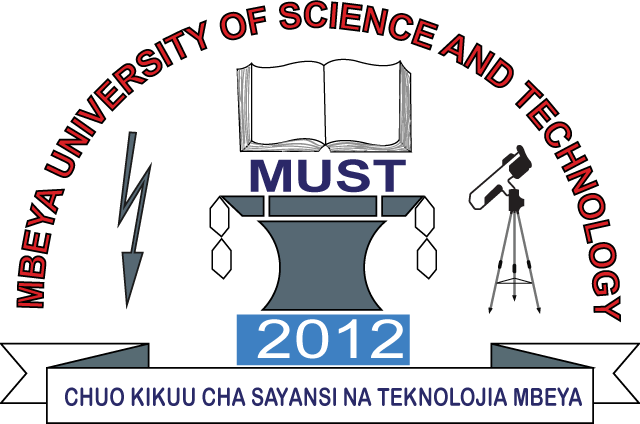
The United Republic Of Tanzania
Ministry of Education, Science and Technology
Mbeya University of Science and Technology
Leading Centre of Excellence for Knowledge, Skills, and Applied Education in Science and Technology


Leading Centre of Excellence for Knowledge, Skills, and Applied Education in Science and Technology

Mbeya University of Science and Technology (MUST) established the Centre for Innovation and Technology Transfer (CITT) to promote idea generation, knowledge creation, technology licencing, intellectual property protection, venture capital and funding, and business plan development and growth. CITT is geared towards collaboration with science and businesses by providing various types of support for students and staff, as well as start-ups and scale-ups. CITT also aims to contribute to Tanzania's social and economic development by providing high-quality supervision and coordination of all inventions, innovation, and entrepreneurship activities and initiatives that lead to the development of spin-offs and start-ups, thereby contributing to Tanzania's diversification and economic self-sufficiency for present and future generations. In this viewpoint, the role of CITT is to foster creativity by bringing and managing innovative, technological, and entrepreneurship development.
Overall, CITT's mission is to provide objectives, guidelines, procedures, and standards for managing inventions, innovations, entrepreneurship, and technology transfer activities through;
Departments under CITT
The Centre for Innovation and Technology Transfer (CITT) is consisting of two departments and one technology park, each of which performs the following tasks:
The Department of Innovations and Incubation (DII) performs the following functions;
The Department of Entrepreneurship and Business Management (DEBM) is responsible for the following tasks:
The Rural Technology Park (RTP) at MUST Rukwa Campus College (MRCC) serves the following purposes:
| SN. | Name | |
|---|---|---|
| 1 | Department of Innovations and Incubation | View |
| 2 | Department of Entrepreneurship and Business Management | View |
| SN. | Name | Fee |
|---|